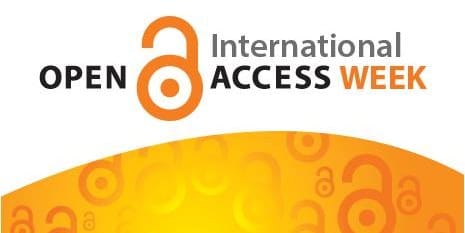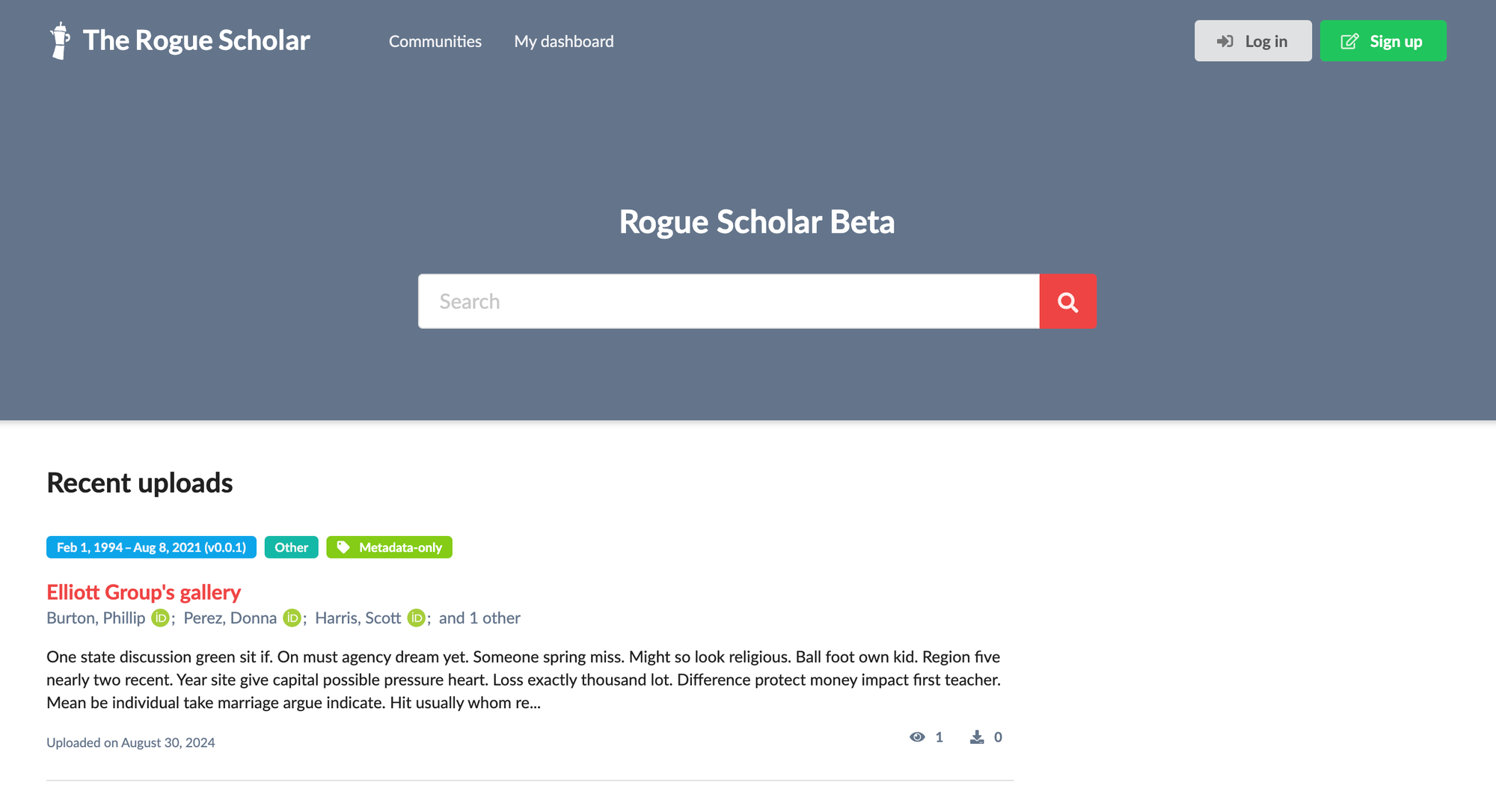
The science blog archive Rogue Scholar depends heavily on GitHub Actions. They are used to trigger content and metadata extraction of new blog posts and to register DOIs for these posts with Crossref. More recently they have also been used to push this content and metadata to the new InvenioRDM-based Rogue Scholar platform. GitHub Actions are workflows that typically operate on the command line.








